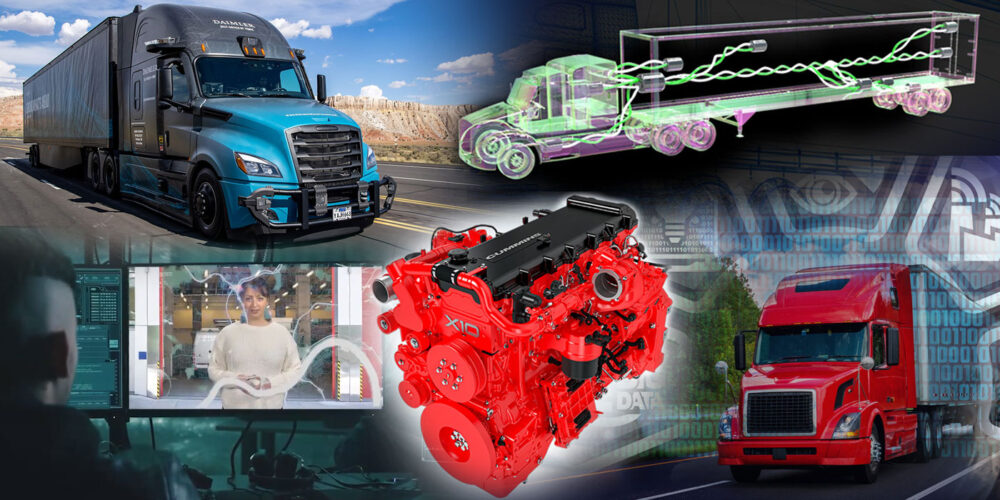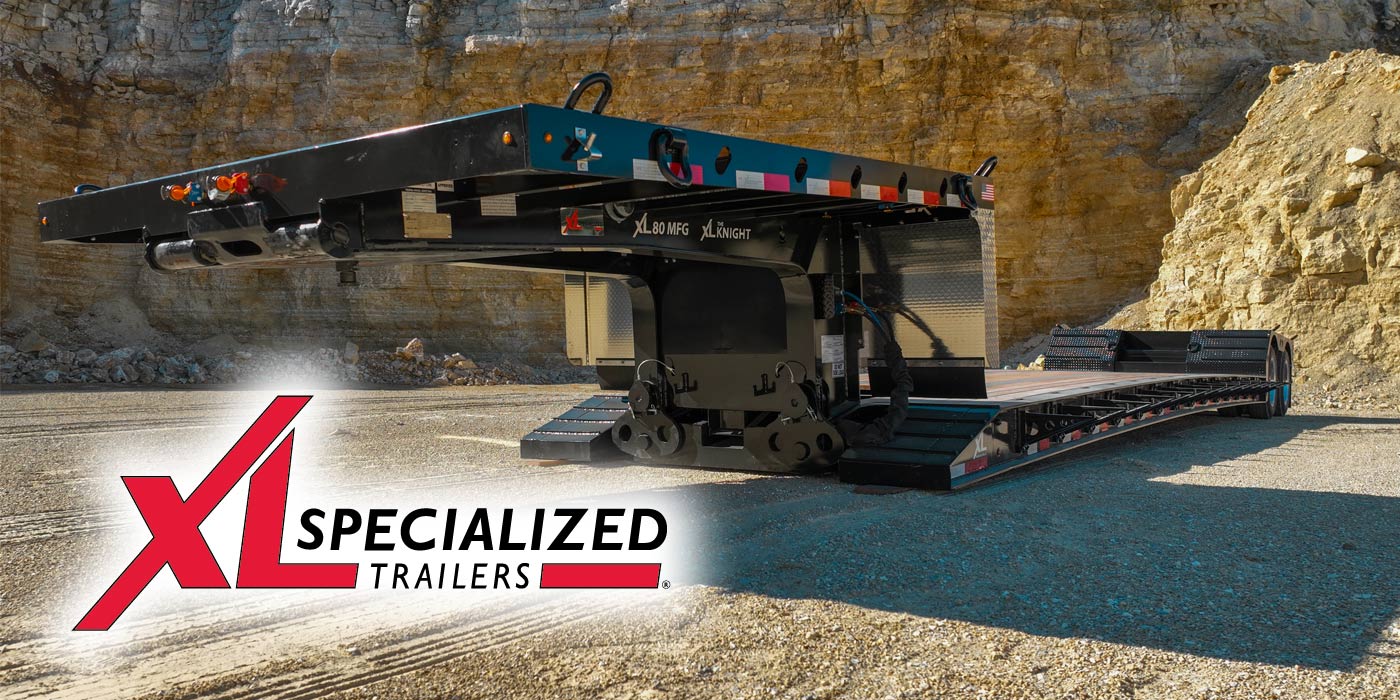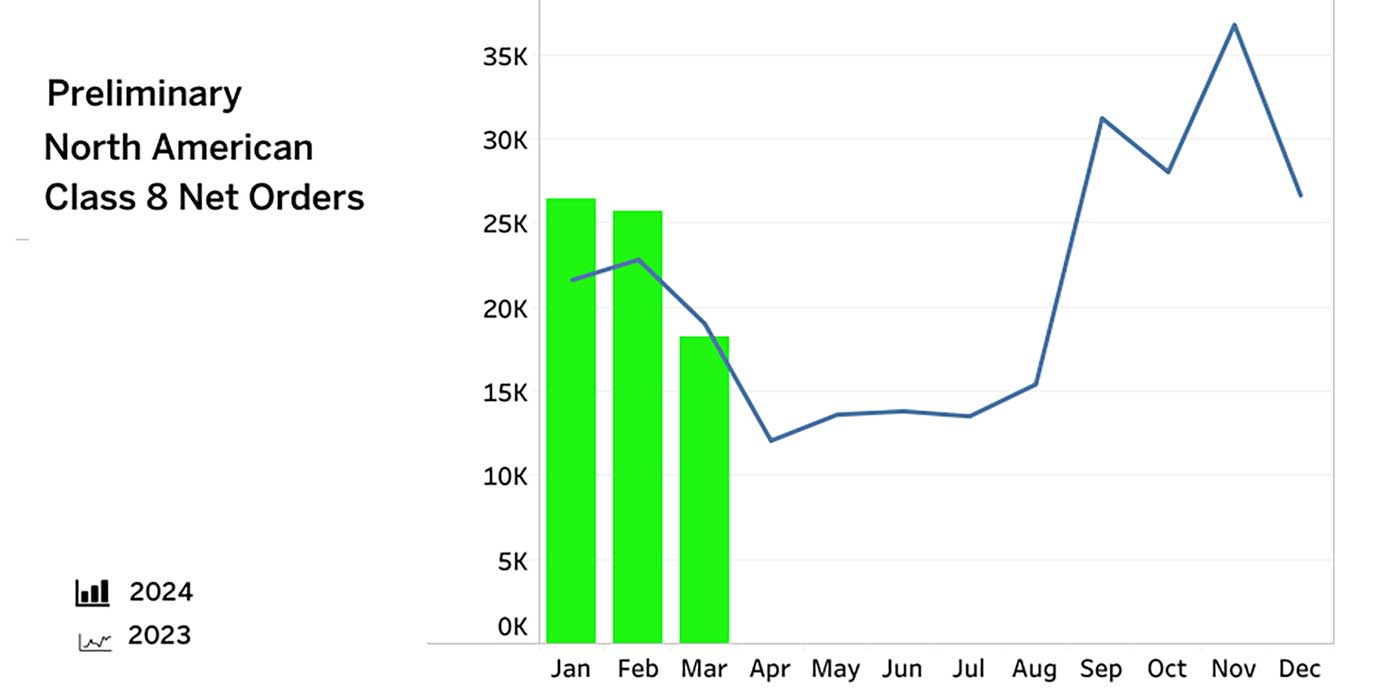Ah, February. The month that always feels like it’s dragging its feet, even though it’s the shortest one on the calendar. If you live in the Northeast, well, it can feel like you’re stuck in a never-ending winter wonderland. You know, the kind of wonderland where the snow is more gray than white, the wind hurts your face and you start to forget what the sun even looks like.
Fret not! Even though this month might have made you feel like you’re stuck in a rut, there’s always something exciting going on in the world of FE. I’m looking forward to spring just as much as you are, but before we jump into a new season, let’s take a moment to reflect on some of the most popular stories from the month of February. From autonomous technology to predictive truck maintenance, we have you covered. Check it out!
5. CAN your vehicle parts talk to one another?
With CAN, different parts of a vehicle can exchange information in real-time. This means that if something goes wrong with one component, the rest of the vehicle can adjust accordingly. It also means that fleet managers can keep a closer eye on their vehicles since they can monitor things like fuel efficiency, engine performance, and even driver behavior. By monitoring your vehicles more closely, you can catch problems before they become major issues. This means fewer breakdowns, less downtime and, ultimately, lower repair costs.
However, CAN is about more than just saving money. It’s also about making your fleet more efficient and safer. By having different components talk to each other, you can optimize things like fuel economy and braking performance. With real-time data on driver behavior, you can identify risky driving habits and take steps to correct them.
4. Revolutionizing the road
The trucking industry is on the cusp of a new era, thanks to the technological development of autonomous trucks. Without a human driver behind the wheel, these vehicles have the potential to transform the way we transport goods across the country. As we anticipate this exciting new frontier, it’s important to consider the key aspects of autonomous trucking that require industry-wide attention: safety, connectivity, and regulation. By prioritizing these factors, autonomous trucks reach their full potential, making our roads safer, more efficient, and better connected. Keep your eyes on the road ahead and check out this story featuring Daimler Trucks and Torc Robotics.
3. Not their trucking business
Your truck is packed with sensors and other devices that collect data on everything from your location to your engine’s performance to confidential shop information. All that data is valuable not just to you, but to potential hackers and other bad actors who would love to get their hands on it.
What can you do to protect your truck’s data? For starters, make sure you’re using the latest software and security protocols to keep your systems up to date. You’ll also want to be careful about what information you share online and who you share it with. Dive into this article to find out more about protecting fleet information in the digital age.
2. Where power meets efficiency
Introducing the Cummins X10, the latest game-changer in the world of Cummins diesel engine offerings. Specifically designed for medium- and heavy-duty trucks, the company says this powerhouse is a perfect combination of performance and sustainability. With advanced fuel injection systems, optimized turbocharging and a unique waste heat recovery system, the Cummins says the X10 promises better fuel efficiency and superior performance while meeting strict emissions standards. Plus, the X10 is built to last, with robust components and a design that minimizes wear and tear over time, Cummins says. Read on to learn more.
1. Revving up your maintenance
Instead of waiting for something to break down and fixing it after the fact, predictive maintenance uses advanced data analytics and other technologies to identify potential issues before they become major problems. This approach allows fleet managers to save time and money by preventing breakdowns, reducing downtime, and extending the life of their trucks. Check out this story and learn more about some best practices to help ensure your trucks keep rolling in the right direction.














